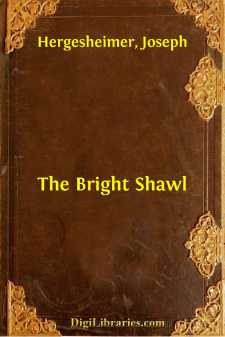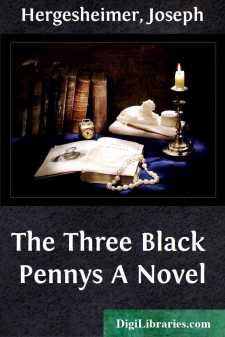Categories
- Antiques & Collectibles 13
- Architecture 36
- Art 48
- Bibles 22
- Biography & Autobiography 816
- Body, Mind & Spirit 145
- Business & Economics 28
- Children's Books 17
- Children's Fiction 14
- Computers 4
- Cooking 94
- Crafts & Hobbies 4
- Drama 346
- Education 58
- Family & Relationships 59
- Fiction 11834
- Foreign Language Study 3
- Games 19
- Gardening 17
- Health & Fitness 34
- History 1378
- House & Home 1
- Humor 147
- Juvenile Fiction 1873
- Juvenile Nonfiction 202
- Language Arts & Disciplines 89
- Law 16
- Literary Collections 686
- Literary Criticism 179
- Mathematics 13
- Medical 41
- Music 40
- Nature 179
- Non-Classifiable 1768
- Performing Arts 7
- Periodicals 1453
- Philosophy 66
- Photography 2
- Poetry 897
- Political Science 203
- Psychology 45
- Reference 154
- Religion 516
- Science 126
- Self-Help 85
- Social Science 82
- Sports & Recreation 34
- Study Aids 3
- Technology & Engineering 59
- Transportation 23
- Travel 463
- True Crime 29
Our website is made possible by displaying online advertisements to our visitors.
Please consider supporting us by disabling your ad blocker.
The Bright Shawl
Description:
Excerpt
THE BRIGHT SHAWL
When Howard Gage had gone, his mother’s brother sat with his head bowed in frowning thought. The frown, however, was one of perplexity rather than disapproval: he was wholly unable to comprehend the younger man’s attitude toward his experiences in the late war. The truth was, Charles Abbott acknowledged, that he understood nothing, nothing at all, about the present young. Indeed, if it hadn’t been for the thoroughly absurd, the witless, things they constantly did, dispensing with their actual years he would have considered them the present aged. They were so—well, so gloomy.
Yet, in view of the gaiety of the current parties, the amounts of gin consumed, it wasn’t precisely gloom that enveloped them. Charles Abbott searched his mind for a definition, for light on a subject dark to a degree beyond any mere figure of speech. Yes, darkness particularly described Howard. The satirical bitterness of his references to the “glorious victory in France” was actually a little unbalanced. The impression Abbott had received was of bestiality choked in mud. His nephew was amazingly clear, vivid and logical, in his memories and opinions; they couldn’t, as he stated them in a kind of frozen fury, be easily controverted.
What, above everything else, appeared to dominate Howard Gage was a passion for reality, for truth—all the unequivocal facts—in opposition to a conventional or idealized statement. Particularly, he regarded the slightest sentiment with a suspicion that reached hatred. Abbott’s thoughts centered about the word idealized; there, he told himself, a ray of perception might be cast into Howard’s obscurity; since the most evident fact of all was that he cherished no ideals, no sustaining vision of an ultimate dignity behind men’s lives.
The boy, for example, was without patriotism; or, at least, he hadn’t a trace of the emotional loyalty that had fired the youth of Abbott’s day. There was nothing sacrificial in Howard Gage’s conception of life and duty, no allegiance outside his immediate need. Selfish, Charles Abbott decided. What upset him was the other’s coldness: damn it, a young man had no business to be so literal! Youth was a time for generous transforming passions, for heroics. The qualities of absolute justice and consistency should come only with increasing age—the inconsiderable compensations for the other ability to be rapt in uncritical enthusiasms.
Charles Abbott sighed and raised his head. He was sitting in the formal narrow reception room of his city house. The street outside was narrow, too; it ran for only a square, an old thoroughfare with old brick houses, once no more than a service alley for the larger dwellings back of which it ran. Now, perfectly retaining its quietude, it had acquired a new dignity of residence: because of its favorable, its exclusive, situation, it was occupied by young married people of highly desirable connections. Abbott, well past sixty and single, was the only person there of his age and condition....








